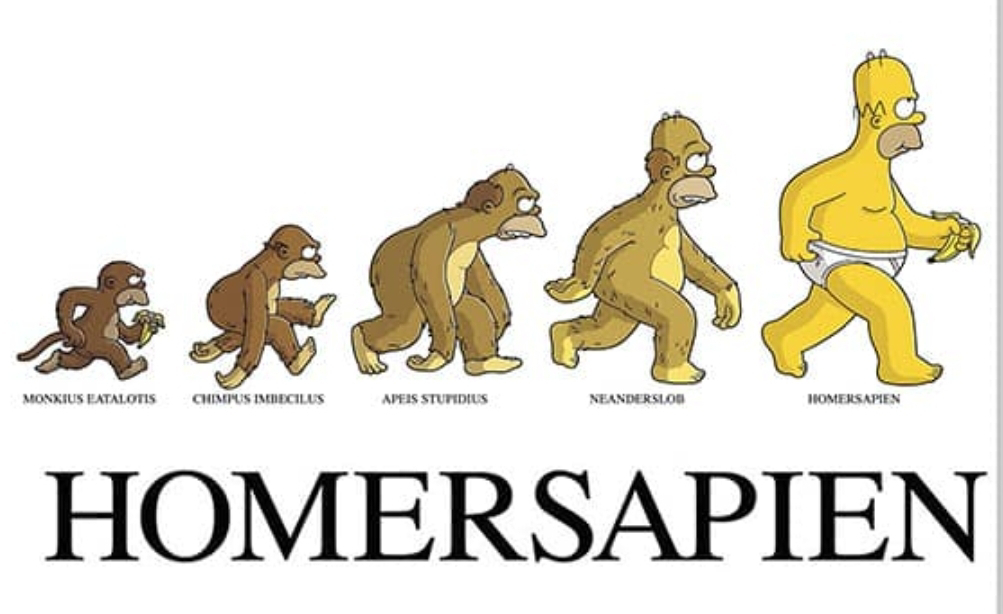The Extended Evolutionary Synthesis and Theistic Evolution: A New Dialogue

The Extended Evolutionary Synthesis (EES) is making waves in the scientific community, offering a broader and more nuanced understanding of evolution. This shift away from the traditional neo-Darwinian paradigm is bound to have implications for various fields, including theistic evolution. Theistic evolution, the belief that God created the universe and life through the process of evolution, has often found itself navigating the waters of scientific discovery. Now, as the EES gains traction, theistic evolution is presented with both challenges and opportunities for a richer and more dynamic engagement with the scientific understanding of life's origins. Challenges for Theistic Evolution: Complexity of Causation: The EES emphasizes the multi-faceted nature of evolutionary processes, incorporating factors like epigenetics, niche construction, and developmental bias alongside natural selection. This complexity can challenge theistic evolutionists who have traditionally fo...


